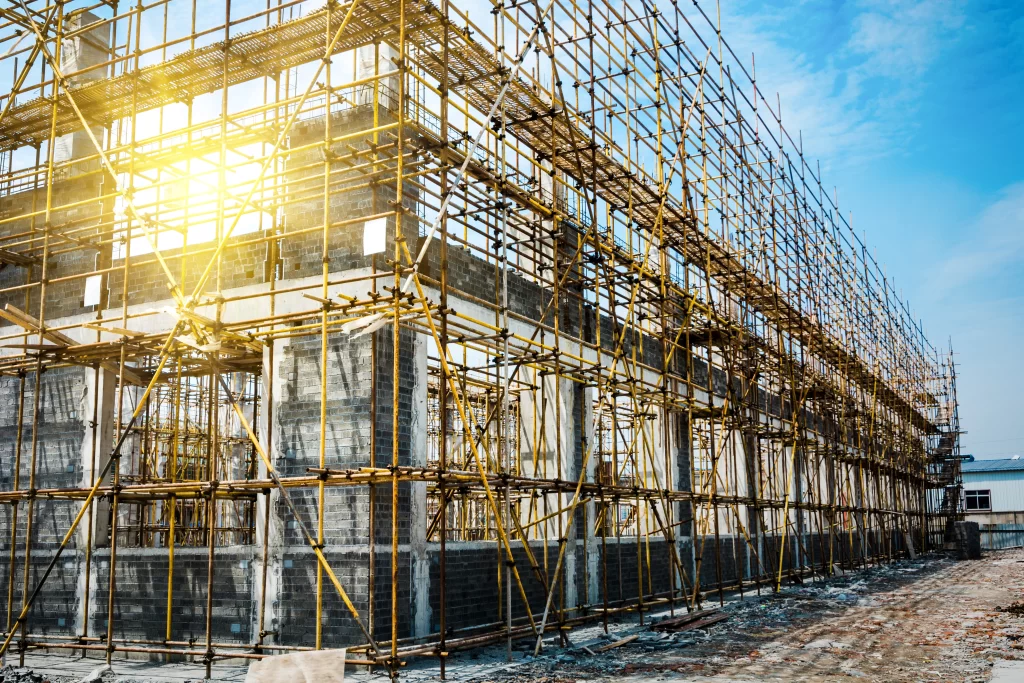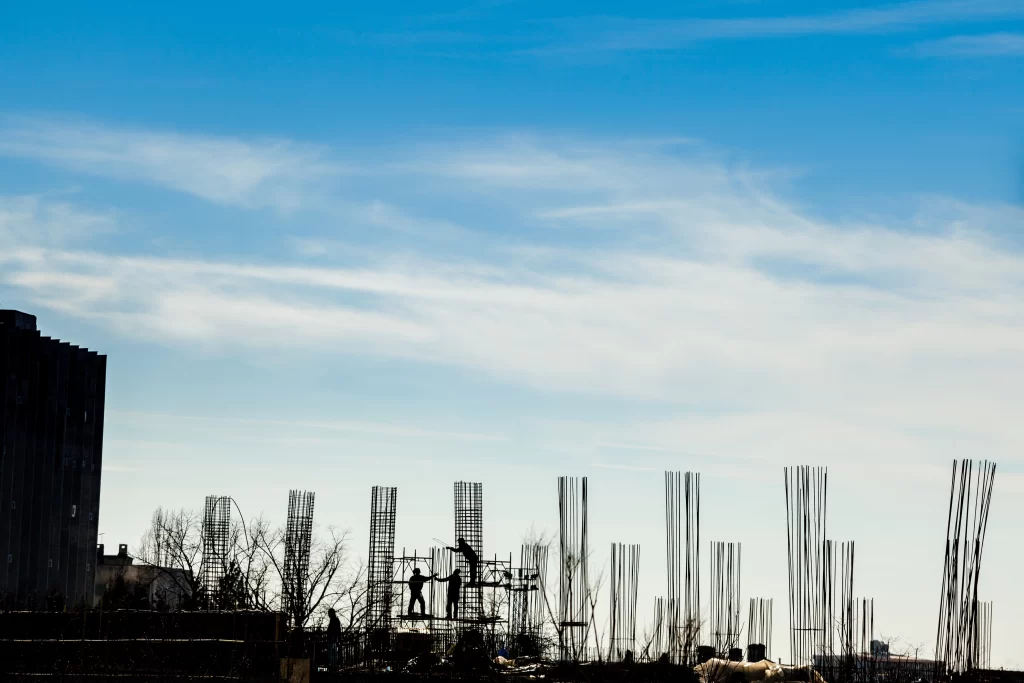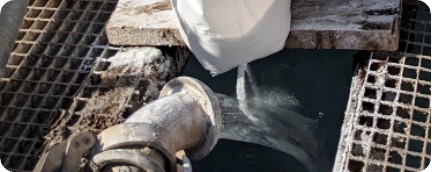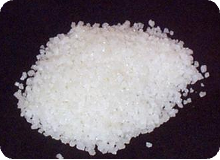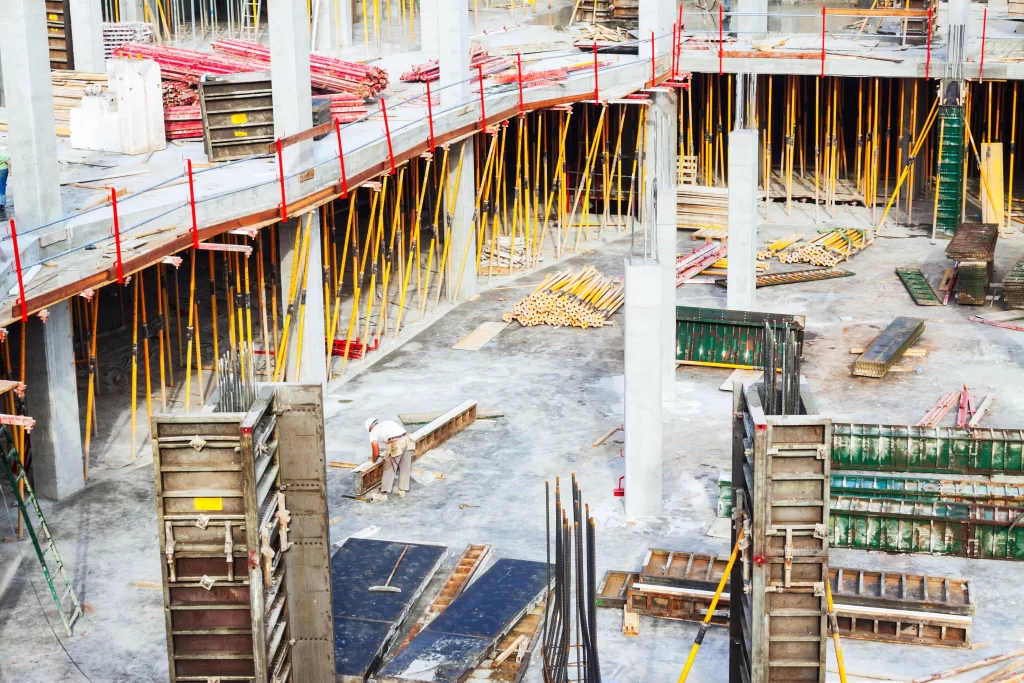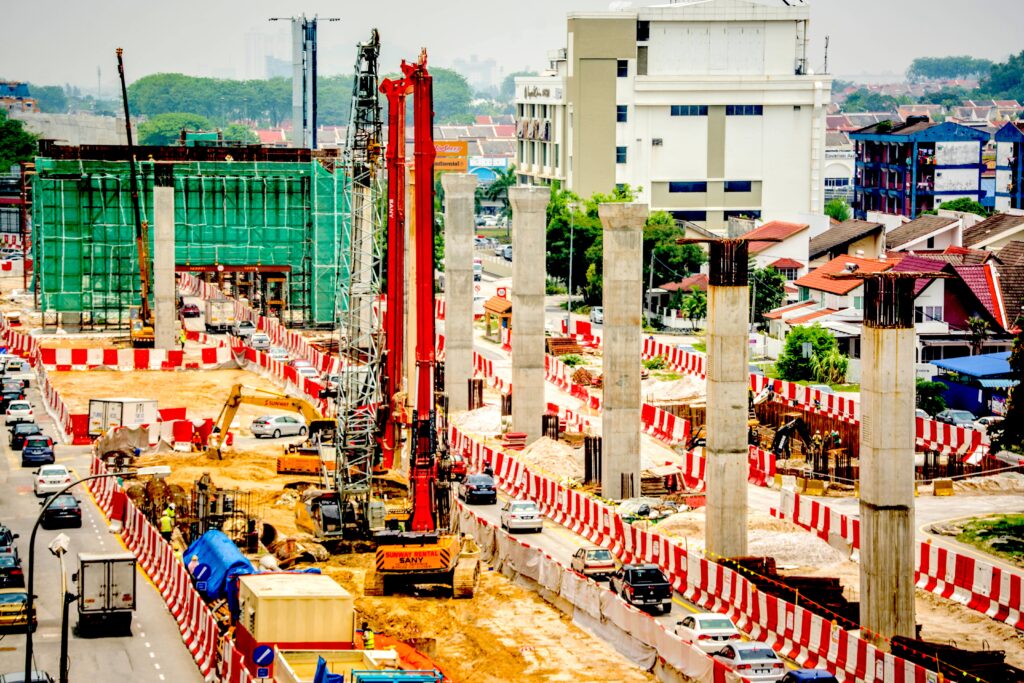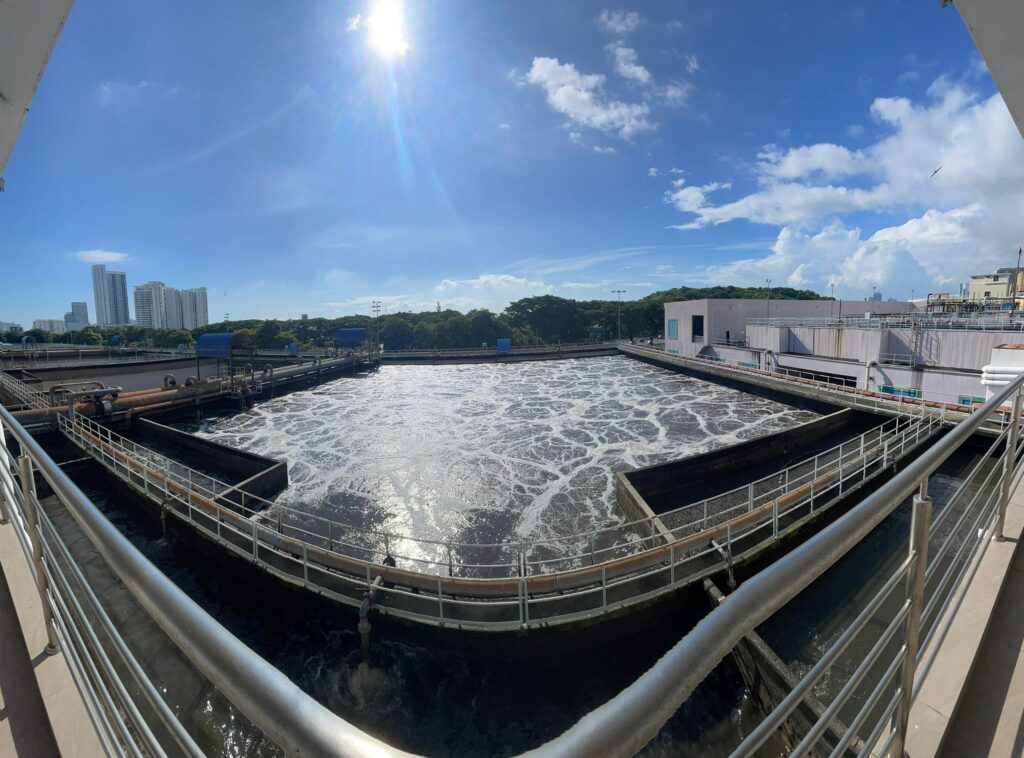The G3® Soil Stabilization System is a next-generation polymer technology designed to transform non-cohesive soils into stable, predictable environments for excavation and ground engineering. By forming a strong cross-linked network within the soil, the G3® system improves soil cohesion, minimizes fluid loss, and enhances operational efficiency, making it ideal for challenging soil conditions.
The G Line is a versatile polymer-based soil stabilization system used in geotechnical excavations to support soil structures. It is designed for use in various soil types and conditions, offering efficient mixing, rapid hydration, and compatibility with both fresh and salt water. The G Line components (GMud, GNet, G+) work together to enhance soil cohesion, reduce fluid loss, and promote particle suspension, making it ideal for applications in deep foundation projects.
The XG Series, developed by GEO, is a range of innovative products based on a natural polymer for use in drilling and soil stabilization. Designed for high solubility and viscosity control, Cross-Gel XG serves as an efficient drilling fluid with long-lasting stability, effective sediment transport, and continuous reuse capability. The series includes complementary products—XG Break, XG Clean, and XG Shield—to optimize performance, manage fluid viscosity, and maintain polymer structure over extended operations.
A bentonite suspension system is a mixture of bentonite clay and water, forming a gel-like fluid that exhibits thixotropic properties, meaning it thickens when at rest and becomes more fluid when agitated. This suspension is used primarily in industries like construction, drilling, and geotechnical applications for its ability to provide stability and lubrication.
GelPro is a highly soluble anionic polymer that forms a high-viscosity slurry when mixed with water. It hydrates quickly and requires minimal equipment for use, offering immediate application for soil stabilization. GelPro is ideal for stabilizing various geological formations, offering ease of hydration and consistent slurry formation. It can be mixed directly in the excavation or slurry batching plant without the need for pH adjustment or specialized mixers.
GMud Ultra is an anionic polymer that creates a high-viscosity slurry upon mixing with water. It hydrates quickly and requires no special equipment, offering fast application in less demanding soil profiles. Designed for use in less complex geological conditions, GMud Ultra simplifies soil stabilization with minimal equipment. For more difficult formations, additional G3 System products are recommended for enhanced performance.
PolyGel is an acrylic anionic polymer, available in dry granular form, known for its excellent hydration and solubility rates. It provides a balanced price-quality solution for soil stabilization. PolyGel is effective in soil stabilization and can be used in conjunction with other G3 System products to meet specific project requirements. It is also environmentally friendly, ensuring reliable results.
GEO’s fluid loss blocker system includes two products, GFiber and GBlock, designed to prevent fluid loss during soil stabilization. Fluid loss can compromise excavation stability, particularly in permeable or fractured soils. GFiber, made from natural mineral fibers, and GBlock, a fast-swelling synthetic polymer, create barriers in the soil to control seepage effectively. This system is compatible with support fluids such as the G3 System, Gline, XG series, Bentonite, and standalone slurries.
Micropiles are small-diameter piles made from high-strength materials like carbon steel or ductile cast iron, driven into the ground to provide additional load-bearing capacity for structures. They are ideal for both new construction and foundation reinforcement in existing buildings, especially in areas with weak soil or limited access. Micropiles are often used where traditional foundation methods are impractical, offering a flexible, cost-effective solution with minimal disruption. Their installation requires minimal equipment, making them suitable for tight spaces or urban environments where heavy machinery is not feasible.
Bidirectional Static Load Testing (BDLT) is an advanced and efficient method for evaluating the load-bearing capacity of deep foundation piles and barrettes. This innovative testing technique is crucial for projects that require precise measurement of both skin friction and end bearing capacity in high-capacity foundations. The method involves performing full-scale static loading tests that evaluate the load performance of piles under axial compressive loads, which is essential for ensuring the stability and integrity of any foundation system.






